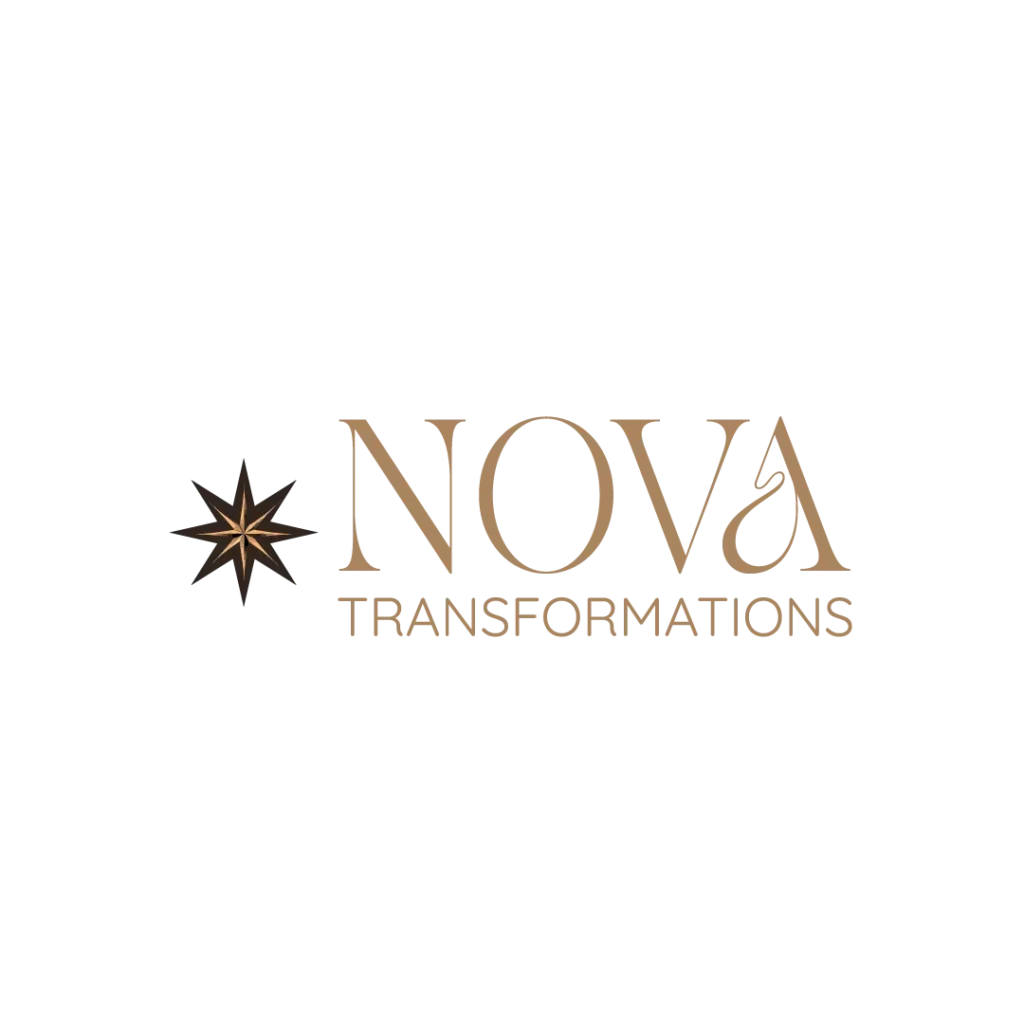Understanding Anxiety and Addiction
Effective treatment for anxiety and addiction begins with understanding the interplay between these two challenges. By recognizing the prevalence of anxiety disorders, the tendency for self-medication, and the importance of social support, you can make informed decisions about recovery options.
Prevalence of Anxiety Disorders
Anxiety disorders are among the most prevalent mental health conditions in the United States, with studies indicating that approximately 19% of adults are affected by some form of anxiety disorder.
| Disorder Type | Prevalence in Adults (%) |
|---|---|
| Generalized Anxiety | 3.1 |
| Panic Disorder | 2.7 |
| Social Anxiety Disorder | 12.1 |
| Any Anxiety Disorder | 19.1 |
Additionally, roughly 20% of those experiencing social anxiety also battle alcohol use disorders. Individuals often resort to alcohol as a coping mechanism to alleviate discomfort and enhance social situations, leading to a cycle of dependency and anxiety.
Self-Medication and Substance Use
When confronted with anxiety symptoms, individuals sometimes turn to self-medication through drugs or alcohol. This approach can lead to the onset of substance-induced anxiety, affecting about 9% of Americans and potentially worsening during withdrawal phases (Casa Serena).
Many individuals, particularly men, may initially turn to substances to cope with anxiety. While this might provide temporary relief, it often results in deeper dependency issues (Jaywalker Lodge).
Impact of Social Support
Social support plays a vital role in recovery from substance use disorders (SUD). Those with SUD frequently have limited social networks, which can hinder their recovery efforts. In contrast, individuals maintaining positive relationships with supportive family, friends, and partners tend to achieve better outcomes in their sobriety journey.
Creating a strong support system and involving loved ones in the recovery process can enhance self-agency and protect against negative influences. Therefore, engaging service providers in a personalized approach that includes family and relational dynamics is crucial in your journey toward recovery. For more resources and treatment options, consider exploring alcohol addiction treatment or the dual diagnosis mental health and addiction approach, which effectively addresses co-occurring disorders.
Dual Diagnosis Treatment
When seeking recovery for addiction and anxiety, it is essential to understand the significance of dual diagnosis treatment. Treating both conditions concurrently can significantly enhance the likelihood of successful recovery.
Importance of Dual Diagnosis Treatment
Dual diagnosis treatment addresses individuals who experience both anxiety disorders and substance use disorders (SUD). According to studies, nearly half of individuals with a mental health condition also have a co-occurring addiction, making integrated treatment critical for recovery. Programs equipped to handle both anxiety and addiction recovery can provide tailored support to meet the unique needs of each individual (Casa Serena).
Focusing on only one of these conditions can increase the risk of relapse in either symptoms or addiction. When you pursue a treatment program, it’s vital to ensure that it addresses both anxiety and addiction comprehensively. This holistic approach fosters recovery by helping you develop healthier coping mechanisms, reducing the likelihood of returning to substances for comfort.
Addressing Co-Occurring Disorders
Recognizing and treating co-occurring disorders effectively is essential for successful recovery. Individuals grappling with addiction often face challenges, such as limited social support compared to those without a substance use disorder (PMC). This lack of support can hinder the recovery process, making it crucial to develop positive relationships and engage in networks that promote sobriety.
Programs that focus on dual diagnosis often incorporate support groups and mutual help organizations. Programs like Alcoholics Anonymous (AA) can foster a sense of community and provide peer-to-peer support, enhancing recovery outcomes. These networks also help to strengthen relationships, leading to higher abstinence rates and a better overall quality of life for participants (PMC).
If you or a loved one is considering treatment, programs like the ones offered at Nova Transformations can be beneficial. They provide comprehensive support to effectively manage both anxiety and addiction, leading to a healthier and more fulfilling life. Explore options for alcohol addiction treatment, cocaine addiction treatment, and various other tailored programs available at Nova Transformations to start your recovery journey today.
Effective Treatment Approaches
In addressing anxiety and addiction recovery, it’s vital to implement effective treatment strategies. Two prominent approaches are behavioral therapies and medication-assisted treatment. Both methods aim to facilitate lasting recovery for individuals grappling with substance use disorders (SUD) while considering any co-occurring mental health conditions.
Behavioral Therapies
Behavioral therapies are essential in addiction treatment, focusing on helping individuals adjust their attitudes and behaviors associated with drug use. These therapies enable individuals to manage triggers and stressful situations effectively, ultimately reducing the risk of relapse (NIDA). The success of these therapies depends significantly on the individual’s social environment, personal characteristics, and interpersonal relationships.
Common behavioral therapy options include:
| Therapy Type | Description |
|---|---|
| Cognitive Behavioral Therapy (CBT) | Helps identify and change negative thought patterns and behaviors related to substance use. Ideal for managing feelings of anxiety and depression. |
| Dialectical Behavior Therapy (DBT) | Focuses on developing coping skills for emotional regulation and interpersonal effectiveness. Useful for those with co-occurring disorders. |
| Motivational Interviewing (MI) | Seeks to enhance an individual’s motivation to change behaviors concerning drug use through empathetic dialogue and support. |
Building a positive social support network further enhances the effectiveness of behavioral therapies. Engaging in supportive relationships can empower individuals throughout their recovery journey. For further insights on improving your recovery, explore our resources on family support therapy for addiction and peer support rehab.
Medication-Assisted Treatment
Medication-assisted treatment (MAT) is often necessary for those dealing with opioid addiction and other substance use disorders. This approach typically combines medication with counseling and behavioral therapies to achieve optimal recovery outcomes. The effectiveness of MAT is influenced by individual drug use patterns, medical needs, and mental health considerations (NIDA).
Some common medications used in MAT include:
| Medication | Use |
|---|---|
| Methadone | Used to reduce withdrawal symptoms and cravings for opioids. |
| Buprenorphine | Acts as a partial agonist to alleviate cravings while limiting euphoric effects. |
| Naltrexone | Blocks the effects of opioids and reduces cravings. |
Choosing the right course of medication depends on the individual and the substance use disorder being treated. It’s crucial to consult with a medical professional to determine the most suitable options. For more information on specific treatment programs, consider exploring our available programs for fentanyl addiction, heroin addiction recovery, and opioid addiction.
Using a combination of behavioral therapies and medication-assisted treatment can help address both anxiety and addiction recovery effectively. With the right support and tailored approaches, recovery is achievable.
Social Support in Recovery
Building a strong support system is essential during the journey of addiction recovery. Social support encompasses various networks and relationships that provide encouragement, understanding, and assistance for individuals seeking recovery from substance use.
Role of Social Networks
Social networks play a significant role in your recovery process. Research indicates that greater social support leads to more favorable recovery outcomes, including lower rates of substance use, higher treatment retention, and improved quality of life (PMC). Individuals in recovery who have robust social support systems tend to experience reduced psychological distress and better overall well-being.
The composition and size of your social network can significantly influence your recovery. Engaging with individuals who are also pursuing abstinence can enhance your motivation and commitment to remaining sober. Larger networks that include positive influences are correlated with increased abstinence rates and improved life satisfaction.
| Network Characteristics | Impact on Recovery |
|---|---|
| Presence of sober individuals | Increases commitment and motivation |
| Larger social network size | Associated with higher quality of life |
| Supportive relationships | Enhances treatment retention and abstinence |
Peer-to-Peer Support
Peer-to-peer support is a crucial element of recovery, as it fosters a sense of belonging and understanding among individuals facing similar challenges. Organizations that provide mutual help, such as Alcoholics Anonymous (AA), are instrumental in enhancing recovery outcomes. Participation in these groups is linked to higher abstinence rates and improved relational quality.
Recovery homes, like Oxford Houses, also serve as vital sources of social support. Living in these environments encourages accountability and provides a nurturing atmosphere for building relationships, which can increase abstinence self-efficacy and foster larger social networks. These supportive environments contribute to a more positive recovery journey by promoting connection and reducing feelings of isolation.
In summary, social support systems, including social networks and peer-to-peer organizations, are instrumental in navigating the challenges of recovery from addiction. By surrounding yourself with individuals who offer encouragement and understanding, you can enhance your chances of sustaining sobriety and achieving a fulfilling life. For further information on treatment options, explore our resources on alcohol addiction treatment, cocaine addiction treatment, and other specialized programs.
Co-Occurrence of PTSD and SUD
Trauma and Substance Use Disorders
The co-occurrence of post-traumatic stress disorder (PTSD) and substance use disorders (SUD) presents unique challenges for individuals seeking recovery. According to the National Comorbidity Study, adults with PTSD are two to four times more likely to develop a substance use disorder compared to those without PTSD. This increased risk can often stem from self-medication, where individuals use drugs or alcohol to cope with distressing symptoms stemming from trauma.
Understanding this relationship is crucial for effective treatment. When trauma is not addressed, it can exacerbate substance use issues and hinder recovery efforts. Thus, recognizing trauma’s role in addiction is foundational to recovery programs like those at Nova Transformations, which offer targeted approaches that address both PTSD and SUD.
Trauma Treatment in SUD Recovery
Addressing trauma is essential for successful recovery from substance use disorders. Research indicates that trauma treatment among SUD patients often results in significant reductions in both PTSD and substance use disorder symptoms (PubMed Central). Effective trauma treatment can include various therapeutic modalities, such as cognitive behavioral therapy (CBT), which is recognized for its effectiveness in treating both PTSD and addiction.
At Nova Transformations, trauma-informed care is an integral part of the treatment process. This approach ensures that your experience of trauma is handled sensitively, providing you with the tools to process past events and reduce reliance on substances. By focusing on trauma recovery, you can pave the way for a sustainable, long-term recovery path.
If you or a loved one is seeking help for anxiety and addiction recovery, consider exploring the diverse treatment programs available, such as our ptsd addiction program or trauma addiction rehab. These programs are designed to support individuals facing the dual challenges of trauma and addiction, fostering hope and healing.
Medication Considerations
Managing Medications for Co-Occurring Disorders
When you or a loved one is navigating recovery from anxiety and addiction, understanding how to manage medications is crucial. Individuals with co-occurring disorders often experience complex feelings about medication use, making careful monitoring essential. Benzodiazepines, for instance, are rarely recommended as a first-line treatment due to their potential for abuse (PubMed Central).
It’s important to have a treatment plan that addresses both the anxiety disorders and substance use disorders simultaneously. Your healthcare provider may prescribe medications that target both conditions effectively. Regular consultations and open communication about medication effects, side effects, and any concerns are vital for ensuring a positive recovery journey.
| Medication Type | Common Uses | Considerations |
|---|---|---|
| Disulfiram | Helps maintain abstinence from alcohol | Regular monitoring required |
| Naltrexone | Reduces cravings for alcohol and opioids | Can cause withdrawal in those physically dependent |
| SSRIs/SNRIs | Treats anxiety and depression | Adjustments may be needed based on response |
It’s essential to continue exploring various treatment options that may integrate medication with therapeutic approaches, such as cognitive behavioral therapy addiction or dual diagnosis mental health and addiction.
Role of Medication in Recovery
Medications can play a powerful role in recovery from anxiety and addiction. In fact, studies have shown that medications like disulfiram and naltrexone significantly increase the likelihood of sustained abstinence from substances, enhancing overall treatment outcomes. Active medication use is often associated with greater improvement in anxiety symptoms, forming a crucial component of a holistic treatment plan.
Medication can help stabilize mood, reduce cravings, and alleviate anxiety, making it easier for individuals to engage in therapeutic activities and recovery programs. Following a structured program, which may include treatments like holistic outpatient program or peer support rehab, can further enhance the benefits of medication.
| Recovery Phase | Medication Role |
|---|---|
| Initial Detoxification | Manage withdrawal symptoms |
| Ongoing Treatment | Support mood stabilization and reduce cravings |
| Maintenance | Prevent relapse and manage co-occurring symptoms |
If you are considering options for recovery, it’s recommended to consult professionals who appreciate the complexities of these intertwined disorders. At Nova Transformations, a comprehensive approach that combines medication management with personalized therapy plans can help you or your loved one achieve a healthier, balanced life. Reach out to explore programs like fentanyl addiction program or heroin addiction recovery that are tailored to your specific needs.








